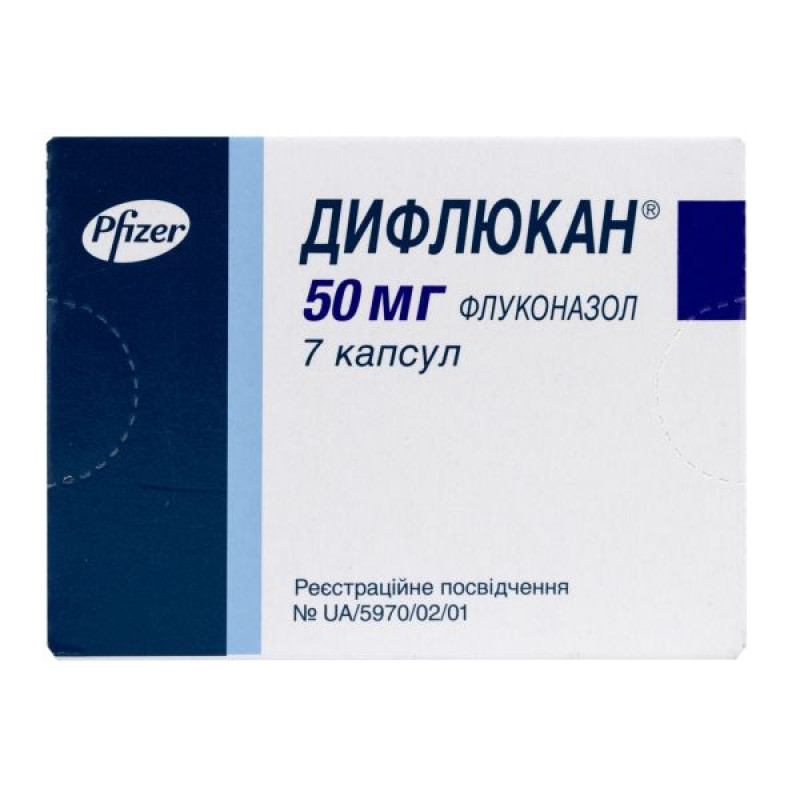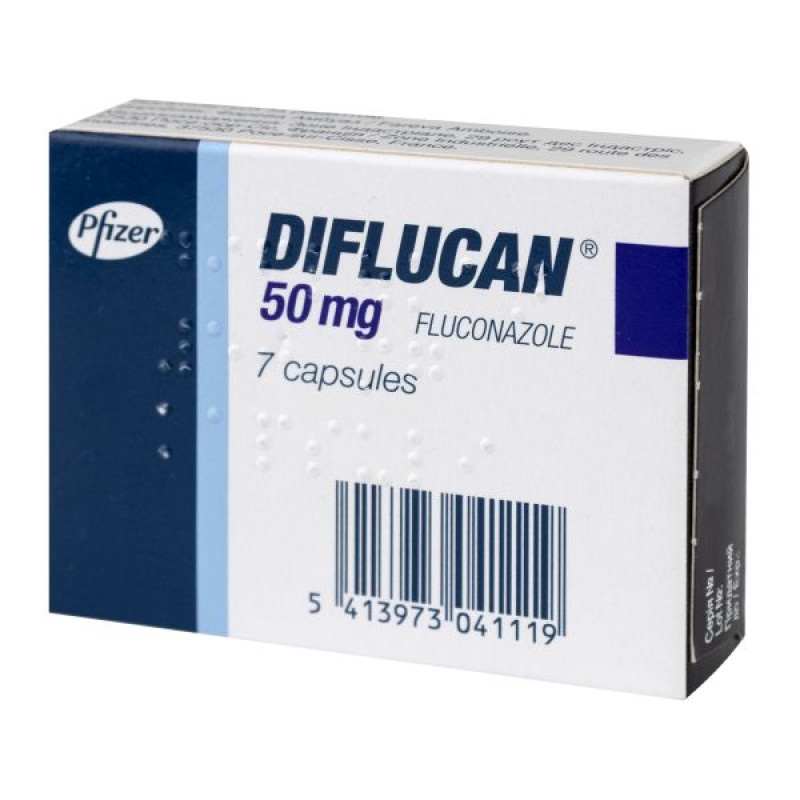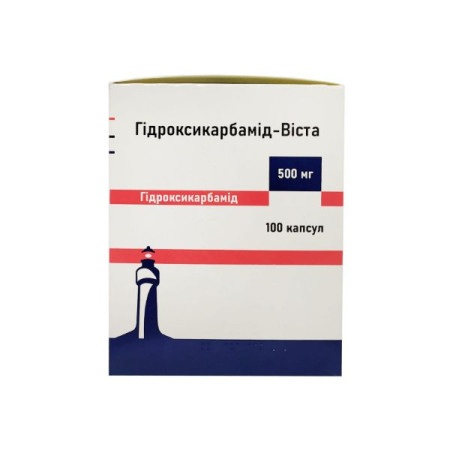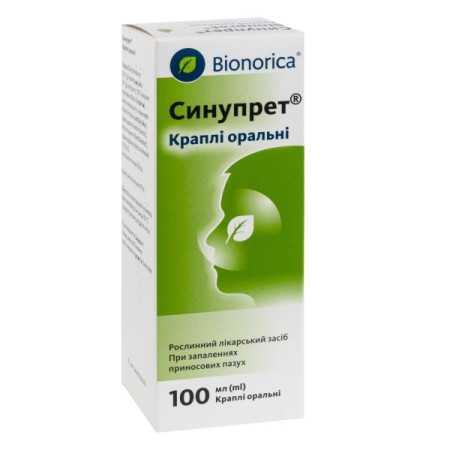Diflucan capsules 50 mg blister No. 7
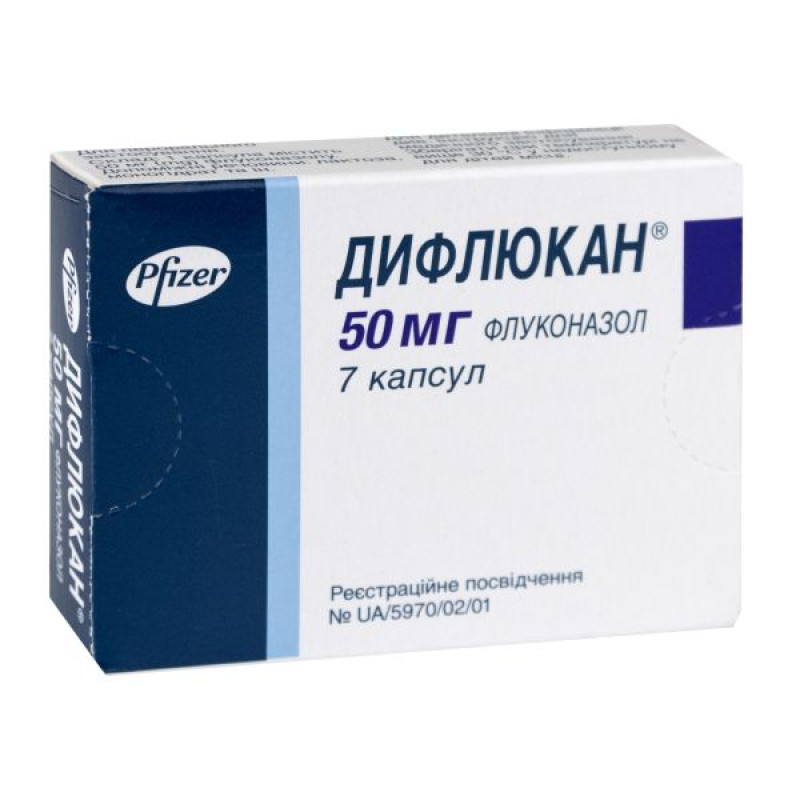
Diflucan® is indicated for the treatment of the following fungal infections in adults:
cryptococcal meningitis; coccidioidomycosis; invasive candidiasis; candidiasis of the mucous membranes, including oropharyngeal candidiasis and esophageal candidiasis, candiduria, chronic candidiasis of the skin and mucous membranes; chronic atrophic candidiasis of the oral cavity (candidiasis caused by the use of dentures) when oral hygiene or topical therapy is ineffective; vaginal candidiasis, acute or recurrent, when topical therapy is not appropriate; candidal balanitis, when topical therapy is not appropriate; dermatomycoses, including mycoses of the feet, mycosis of smooth skin, inguinal dermatomycosis, lichen multicolor and candidal skin infections, when systemic therapy is indicated, dermatophyte onychomycosis, when the use of other drugs is not appropriate.Diflucan ® is indicated for the prevention of the following diseases in adults:
Recurrence of cryptococcal meningitis in patients at high risk of developing it; Recurrence of oropharyngeal or esophageal candidiasis in HIV patients at high risk of developing it; To reduce the frequency of recurrences of vaginal candidiasis (4 or more cases per year); Prevention of candidal infections in patients with prolonged neutropenia (e.g. patients with blood malignancies receiving chemotherapy or patients undergoing hematopoietic stem cell transplantation) (see section "Pharmacological properties. Pharmacological").Diflucan ® is indicated in children for the treatment of candidiasis of the mucous membranes (oropharyngeal candidiasis, esophageal candidiasis), invasive candidiasis, cryptococcal meningitis and for the prevention of candidal infections in patients with reduced immunity. The drug can be used as maintenance therapy to prevent recurrence of cryptococcal meningitis in children at high risk of its development.
The drug in capsule form can be used in this category of patients when children are able to safely swallow a capsule, usually from the age of 5.
Diflucan® therapy may be initiated prior to obtaining the results of culture and other laboratory tests; however, once the results are available, anti-infective therapy should be adjusted accordingly.
Composition
active ingredient: fluconazole;
1 capsule contains 50 mg or 100 mg of fluconazole;
Excipients: lactose monohydrate, corn starch, sodium lauryl sulfate; magnesium stearate, colloidal silicon dioxide.
Fluconazole is an antifungal agent of the triazole class. Its primary mechanism of action is inhibition of fungal cytochrome P450-mediated 14-alpha-lanosterol demethylation, an essential step in fungal ergosterol biosynthesis. Accumulation of 14-alpha-methyl sterols correlates with subsequent loss of ergosterol from the fungal cell membrane and may be responsible for the antifungal activity of fluconazole. Fluconazole is more selective for fungal cytochrome P450 enzymes than for various mammalian cytochrome P450 enzyme systems.
Contraindication
Hypersensitivity to fluconazole, other azole compounds or to any of the excipients listed in the "Composition" section. Concomitant use of fluconazole and terfenadine in patients receiving fluconazole multiple times at doses of 400 mg/day and above (according to the results of a multiple-dose interaction study).Concomitant use of fluconazole and other drugs that prolong the QT interval and are metabolized by the CYP3A4 enzyme (e.g. cisapride, astemizole, pimozide, quinidine and erythromycin) (see sections "Special warnings and precautions for use" and "Interaction with other medicinal products and other types of interactions").
Application features
Use during pregnancy or breastfeeding
Pregnancy.
According to an observational study, there is an increased risk of spontaneous abortion in women who received fluconazole during the first trimester of pregnancy.
Numerous congenital anomalies (including brachycephaly, auricular dysplasia, anterior fontanelle enlargement, hip dysplasia, and brachioradial synostosis) have been reported in newborns whose mothers received high doses of fluconazole (400-800 mg/day) for at least three or more months for the treatment of coccidioidomycosis. The relationship between fluconazole use and these cases has not been established.
Animal studies have shown reproductive toxicity.
Normal doses of fluconazole and short-term courses of fluconazole should not be used during pregnancy unless absolutely necessary.
High doses of fluconazole and/or long courses of fluconazole treatment should not be used during pregnancy, except for the treatment of infections that may be life-threatening.
Breastfeeding.
Fluconazole is excreted in human milk and reaches concentrations similar to those in plasma (see Pharmacokinetics). Breastfeeding can be continued after a single dose of fluconazole, which is 150 mg. Breastfeeding is not recommended during repeated use of fluconazole or when using high doses of fluconazole. The benefit of breastfeeding for the development and health of the child should be assessed, as well as the mother's clinical need for Diflucan and any potential adverse effects of Diflucan or the mother's underlying disease on the breastfed child.
Fluconazole did not affect the fertility of male and female rats.
Children
The drug in capsule form can be used in this category of patients when children are able to safely swallow a capsule, usually from the age of 5.
Ability to influence reaction speed when driving vehicles or other mechanisms
No studies have been conducted on the effect of Diflucan® on the ability to drive or use other mechanisms.
Patients should be informed about the possibility of dizziness or convulsions (see section "Adverse reactions") during the use of Diflucan ®. If such symptoms develop, it is not recommended to drive a car or operate complex mechanisms.
Method of administration and doses
The dose of fluconazole depends on the type and severity of the fungal infection. For most cases of vaginal candidiasis, a single dose is sufficient.
If repeated use of the drug is necessary, treatment of infections should be continued until the disappearance of clinical and laboratory manifestations of fungal infection activity. Insufficient duration of treatment may lead to the resumption of the active infectious process.
Diflucan ® is used, depending on the dosage form, either orally (capsules) or by infusion (solution for infusion). The method of administration of the drug depends on the clinical condition of the patient. There is no need to change the daily dose of the drug when changing the route of administration from oral to intravenous and vice versa.
The capsules should be swallowed whole. Taking the drug does not depend on food intake.
Overdose
There have been reports of overdose with fluconazole; hallucinations and paranoid behavior have also been reported.
In case of overdose, symptomatic supportive therapy should be carried out and, if necessary, gastric lavage should be performed.
Fluconazole is largely excreted in the urine; forced diuresis may accelerate drug elimination. A 3-hour hemodialysis session reduces plasma fluconazole levels by 50%.
Adverse reactions
The most frequently reported adverse reactions (> 1/10) were: headache, abdominal pain, diarrhea, nausea, vomiting, increased alanine aminotransferase (ALT), increased aspartate aminotransferase (AST), increased blood alkaline phosphatase, rash.
Storage conditions
Store at a temperature not exceeding 30 °C out of the reach of children.
Shelf life - 5 years.
There are no reviews for this product.
There are no reviews for this product, be the first to leave your review.
No questions about this product, be the first and ask your question.







